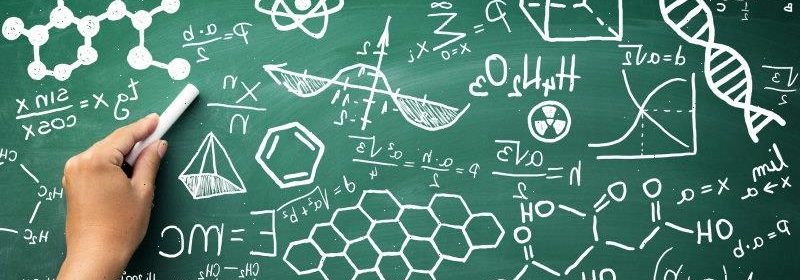Fear of brain drain as students turn away from advanced maths

Victorian students are turning away from advanced maths, prompting warnings that the trend will accelerate a growing skills shortage in fields such as engineering and drain Australia of crucial expertise in technology.
Enrolments in VCE specialist mathematics – the most advanced strand of maths – have dropped more than 15 per cent in the past six years.
A total of 3858 students attempted the notoriously difficult subject last year, compared with 4544 in 2017.
Enrolments in unit 3 of specialist maths fell every year between 2017 and 2022, Victorian Curriculum and Assessment Authority data shows.
The fall coincides with a nationwide decline in the supply of qualified secondary maths teachers, a worsening problem the Mathematical Sciences Institute labelled the greatest threat to the future health of Australian mathematical skill.
“The most critical pipeline issue for the future health of Australian mathematics, at all levels, is that there are enough teachers who are properly qualified and supported to inspire school students with an appreciation of the fundamental utility and beauty of mathematics,” the institute said in its nationwide review of mathematics, published in December.
Instead, a 30-year decline in the supply of secondary maths teachers had only worsened in the past five years, the review found.
John Kermond teaches specialist mathematics at John Monash Science School, a select-entry government school located on Monash University’s Clayton campus, which was among the best-performing schools in the state in the subject last year.
Kermond said the decline in experienced mathematics teachers meant students were not being nurtured in the subject in lower year levels.
“Many schools don’t run specialist maths classes because of low numbers and a lack of teachers competent enough to teach it,” he said.
“Over time this creates a culture where specialist maths simply drops off the radar at that school.”
Experienced VCE specialist maths teacher Adrian Gavin said attracting students to the subject was challenging, with many put off by a fear that it is too difficult and will drag down their results.
“Getting the numbers into specialist [maths] is a real challenge and that’s repeated across the state, but also, people with my sort of experience and expertise to teach it aren’t that common in schools; it’s not easy to staff.”
Gavin has worked in a large secondary school in Melbourne where just three VCE students enrolled in the subject, forcing them to study remotely. At his current school, low enrolments mean he will take a composite class of year 11 and 12 students this year.
He encourages students who are of high ability to take specialist maths, as it will make them “a more rounded mathematician”.
“The subject is interesting and challenging and there are more skills that are desirable to the universities,” he said.
One student who is defying the trend is Aakriti Malhotra, who will study specialist maths in year 12 at Suzanne Cory High, a select-entry government school in Werribee, this year.
Aakriti Malhotra will study specialist maths in year 12 this year and says she loves the intellectual challenge.Credit:Chris Hopkins
Aakriti said there was a negative stigma about specialist maths among many students, who saw it as stressful and difficult, but she will take it on because she loves the challenge. The subject rewards deep thinking, problem-solving and persistence, she said.
“It’s not going to be easy,” she said. “I’ve been doing some pre-prep for maths methods and specialist maths on my holidays, and methods is way easier. We’re doing things like imaginary numbers, stuff I hadn’t heard of, like square roots of negative numbers.”
Engineers Australia’s chief engineer Jane MacMaster said Australia would need more people with deep expertise in mathematics, data and digital systems in the future, as technology becomes more integrated in everyday life, but instead faces a skills shortage.
MacMaster is chair of a national taskforce seeking to encourage more girls to participate in engineering, science and mathematics, and said advanced maths needed to be made more widely available in schools, and that encouraging mathematically qualified mid-career professionals into teaching is one way to do this.
“Senior engineers have the mathematical background, and they’ve got the stories to tell that make maths real and put it in context,” MacMaster said.
“They often tell me that they’d like to give something back by taking up teaching, but they are put off by the lengthy process of becoming a qualified teacher.”
The Morning Edition newsletter is our guide to the day’s most important and interesting stories, analysis and insights. Sign up here.
Most Viewed in National
From our partners
Source: Read Full Article

